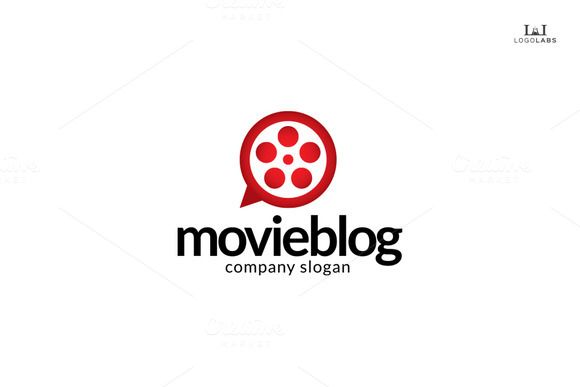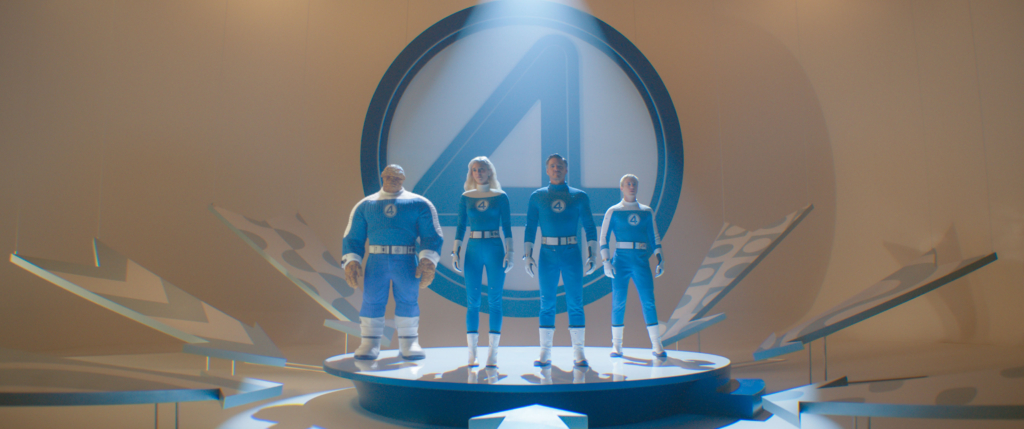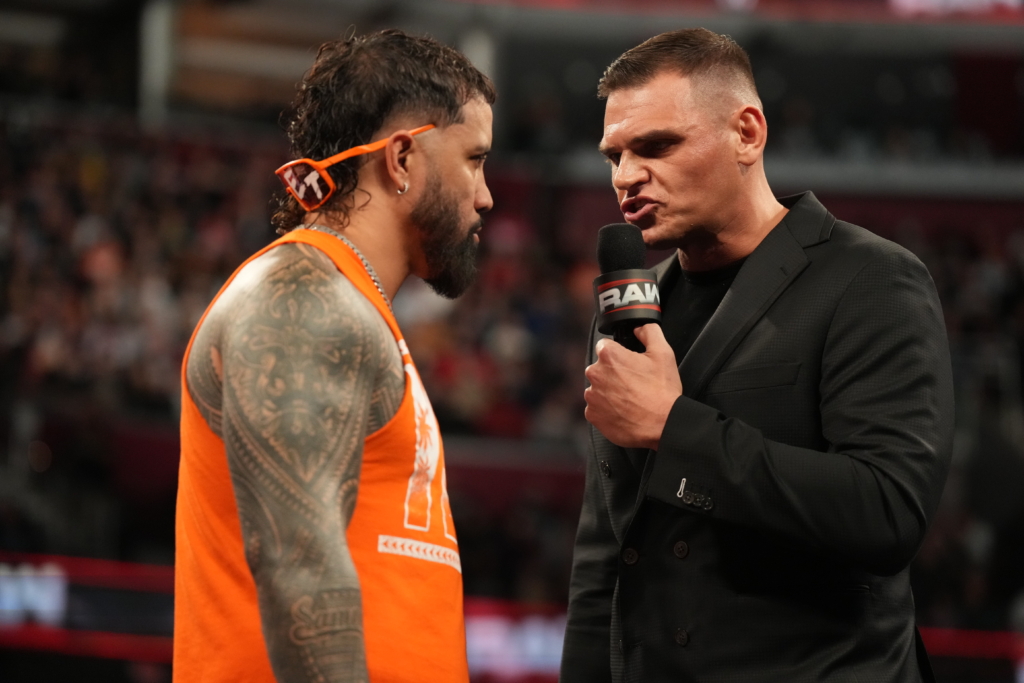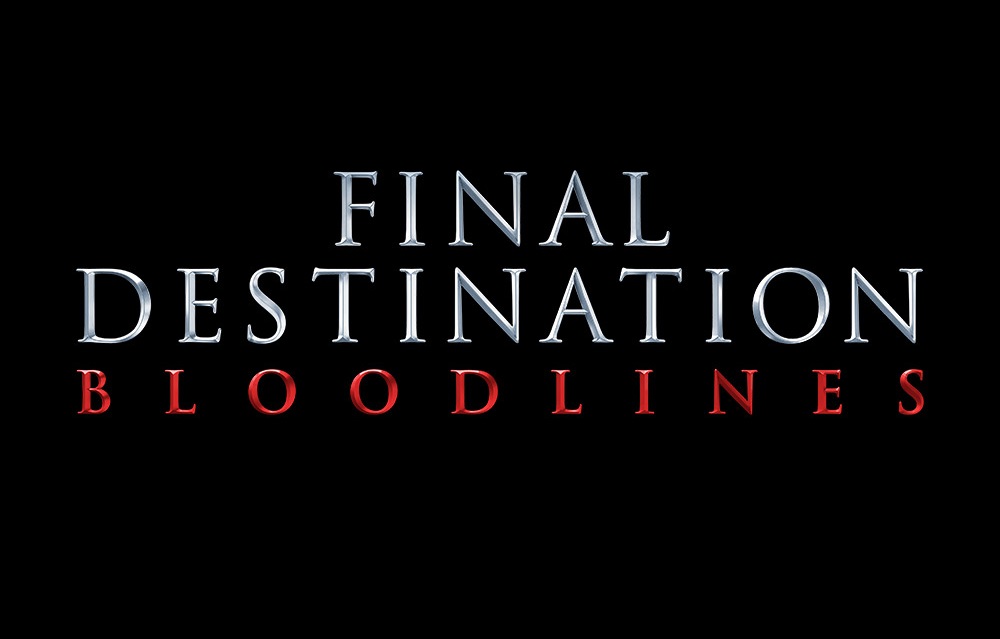ARTICLE AD
When it comes to crafting compelling interviews for documentaries, few filmmakers approach the process with as much precision and storytelling finesse as Celina Borges Torrealba Carpi. As the founder of Donna Features and a co-producer behind acclaimed works like Wasp Network — Prisoners of the Cold War and The Lighthouse.
Torrealba acquired a Master in News and Documentary at New York University and “Licence de Cinéma” from Université Paris 1 Panthéon-Sorbonne. Her expertise in documentary interviews transforms simple question-and-answer sessions into powerful storytelling moments. “Interviews are about more than just information,” Torrealba explains. “They are an opportunity to reveal human depth, to understand someone’s perspective beyond just their words.”
Interviews are the backbone of many documentaries, providing authenticity, insight, and human emotion. The way they are conducted can define how deeply an audience connects with the subject. A well-executed interview is not just about asking the right questions but about creating an environment where people feel safe enough to be vulnerable. This is when the most profound and impactful moments happen.
Prepping for an Interview: Research, Planning, and Trust
The first step in conducting a documentary interview is research. Before sitting down with an interviewee, it is essential to understand why they are important to the story. This involves not just reading up on them but also understanding their world. During the production of the Breeding Shed, a documentary about women in thoroughbred horse breeding, extensive research was done on the industry before reaching out to potential interviewees. Such preparation allows for meaningful and specific questions rather than generic ones.
Beyond research, preparing interview subjects is crucial. A casual pre-interview conversation, whether in person or via video call, can help them feel comfortable and reveal their natural expressions. However, it is best to avoid giving them the exact questions in advance. Over-preparation can lead to scripted responses, which diminish the authenticity and spontaneity that make interviews engaging.
Before filming begins, interviewers can ask participants to incorporate part of the question into their answers. For example, in Petrópolis Through our eyes, Celina Borges Torrealba Carpi’s upcoming documentary about the cultural heritage of Petrópolis, participants answering the question “What is your favorite place in Petrópolis?” might start with, “My favorite place in Petrópolis is…” This technique ensures clarity and helps structure responses naturally for the final edit.
Crafting the Right Questions
A strong interview question is open-ended. If a question can be answered with a simple ‘yes’ or ‘no,’ it does not invite depth. Instead of asking, ‘Do you like horses?’ a better approach would be, ‘What drew you to horses in the first place?’ The goal is to encourage storytelling rather than mere responses.
Creating the Right Atmosphere
The setting of an interview is crucial. It should complement the subject’s personality or story while remaining visually appealing. Natural light is often preferred, but a controlled lighting setup is recommended as a backup. Sound quality is equally important using the best microphone available ensures clarity and minimizes distractions.
The background should be intentional yet unobtrusive. Small details, such as a personal object in the frame, can enhance the storytelling without overpowering the scene. Filming in a location that feels natural to the subject often results in a more relaxed and authentic conversation.
The right equipment is essential for achieving professional results. A high-quality shotgun or lavalier microphone ensures clean audio, while a sturdy tripod keeps the camera steady. Using a camera with a prime lens (such as a 50mm or 85mm) allows for beautifully blurred backgrounds, keeping the focus on the subject. A two-camera setup, with one close-up and one medium or wide shot, offers more flexibility during the editing process.
Navigating the Interview in Real Time
Some interviewees may feel nervous in front of a camera. Patience is key. Beginning with casual, conversational questions can help ease tension before transitioning to deeper topics. Non-verbal encouragement, such as nodding, smiling, and maintaining eye contact, reassures the subject and fosters a comfortable atmosphere.
Interrupting an interviewee should be avoided. Even if their response seems to drift off-topic, allowing them to speak freely can lead to unexpected and valuable insights. Some of the most powerful moments in documentaries emerge when subjects are given space to think and express themselves naturally.
“Sometimes, the best moments happen when you let the silence linger just a little longer,” Torrealba notes. “People will often reveal something profound in those in-between moments.”
Capturing Unscripted Moments
Documentary filmmaking is a dynamic process. While planning is important, some of the best moments arise unexpectedly. For instance, while working on Questions of Faith, the interviews naturally shifted towards themes of mourning and resilience—elements that were not initially part of the film’s framework but ultimately became its emotional core.
Final Thoughts for Young Filmmakers
One of the most important skills in documentary interviewing is embracing silence. Many young filmmakers feel the urge to fill every pause, but silence often allows subjects to share something truly profound. Giving interviewees time to reflect leads to more meaningful responses.
Above all, staying curious is essential. Genuine interest in a subject fosters trust and openness, allowing for deeper conversations. When people feel that their story truly matters, they share with authenticity, creating interviews that are both powerful and unforgettable.
“Curiosity is everything,” Celina Borges Torrealba Carpi says. “If you approach an interview with genuine interest, people can feel it, and they will open up in ways you never expected.”
About Celina Borges Torrealba Carpi
Celina Borges Torrealba Carpi continues to push the boundaries of documentary storytelling, offering fresh perspectives on heritage, identity, and human resilience. Through her production company, Donna Features, she has helped bring powerful, globally recognized films to life, including Port Authority (2019), Wasp Network – Prisoners of the Cold War (2019) and The Lighthouse (2018). As she prepares for the release of Questions of Faith in 2025, one thing is clear: her interviews will continue to be as impactful as the stories they help tell.

 3 hours ago
1
3 hours ago
1 

